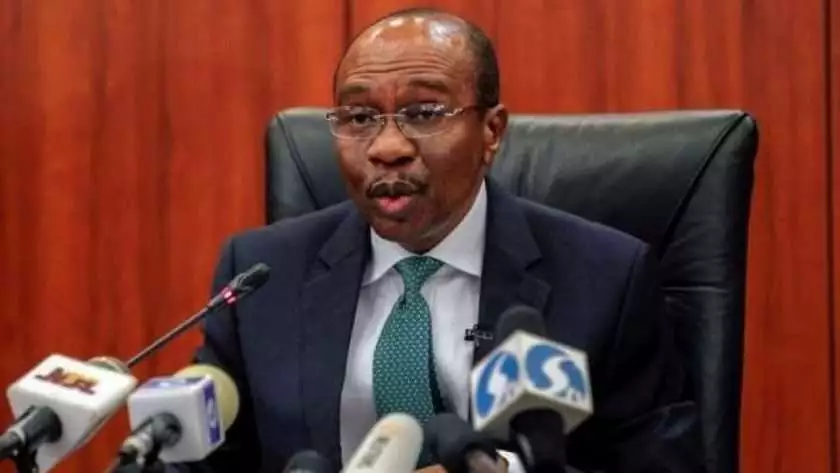By retaining the monetary policy rate at 11.5 per cent, the Central Bank of Nigeria, CBN has taken another bold step to expand credit to the productive sector of the economy at low interest rate, keen watchers of the economy say.
This development, came after the Minister of Finance, Zainab Ahmed announced that the country has officially entered into recession, the second in five years, with palpable fears among Nigerians of what the economic outlook may look like in 2021.
What the Monetary Policy Committee, MPC of the CBN, sought to do on Tuesday at its meeting for November and the last one for the year, policy analysts say, is to boost production and propel both business activities and consumer spending in the country despite the two digit inflation rate.
The Finance Minister has set the first quarter of next year to end the recession, but the CBN Governor, Godwin Emefiele advised serious caution to such optimism.
Emefiele who spoke at the end of the two days MPC meeting, said the committee also decided unanimously to retain the Liquidity Ratio, LR at 30 percent and Cash Reserve Ratio, CRR at 27.5 percent.
The CBN Governor also warned speculators against creating panic in the Nigerian foreign exchange market, by using the parallel market to determine the value of the national currency, Naira.
“The foreign exchange rate in Nigeria is determined by the forces of supply and demand in the Nigeria Autonomous Foreign Exchange Market (NAFEX) window,” he said, adding that the apex bank CBN will attack inflation from the supply side through low interest rates.
Meanwhile, analysts say, CBN has followed in the footsteps of the United States Federal Reserves which recently decided to keep interest rates at near zero percent until 2023, to support the economy amid the headwinds caused by the corona virus pandemic.
Discover more from The Source
Subscribe to get the latest posts sent to your email.








